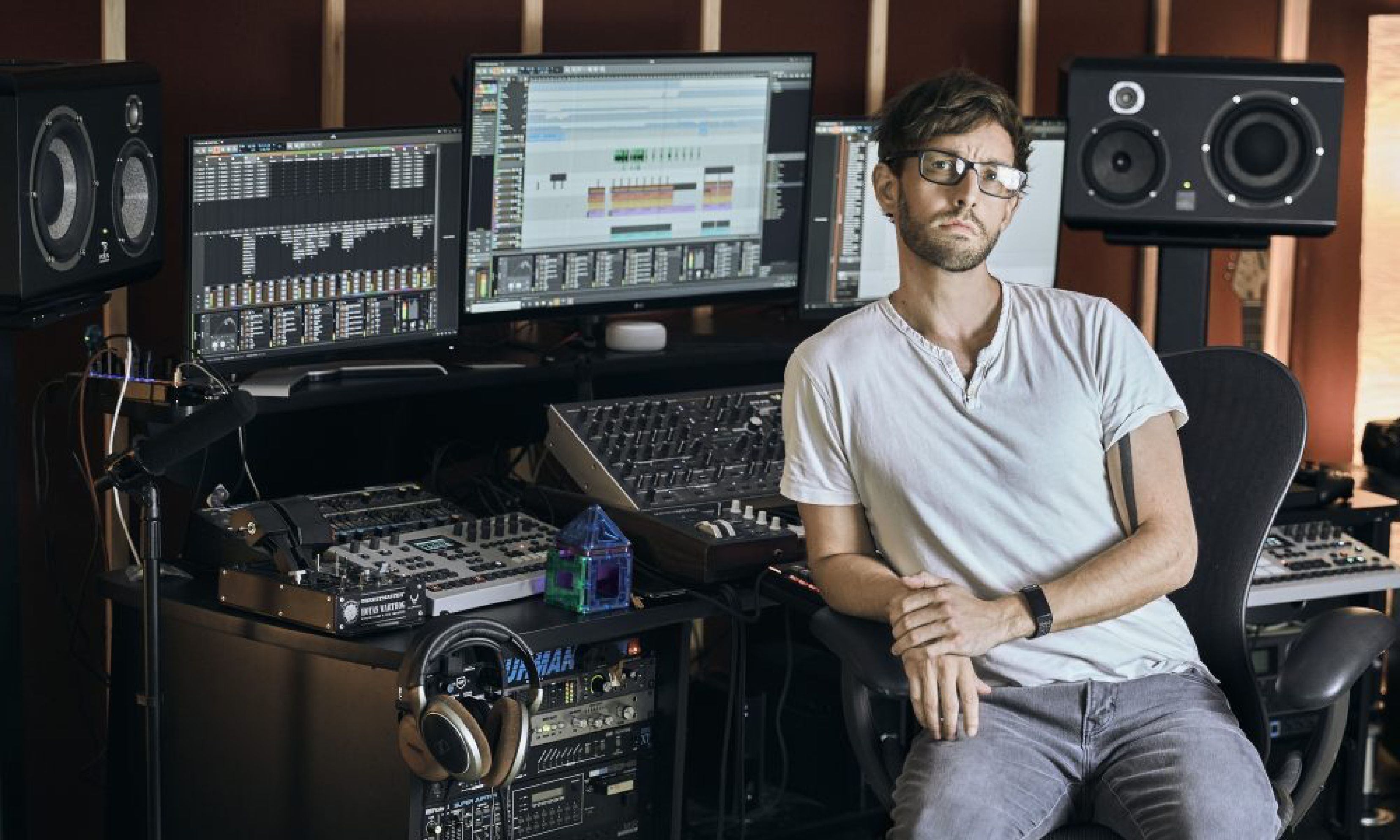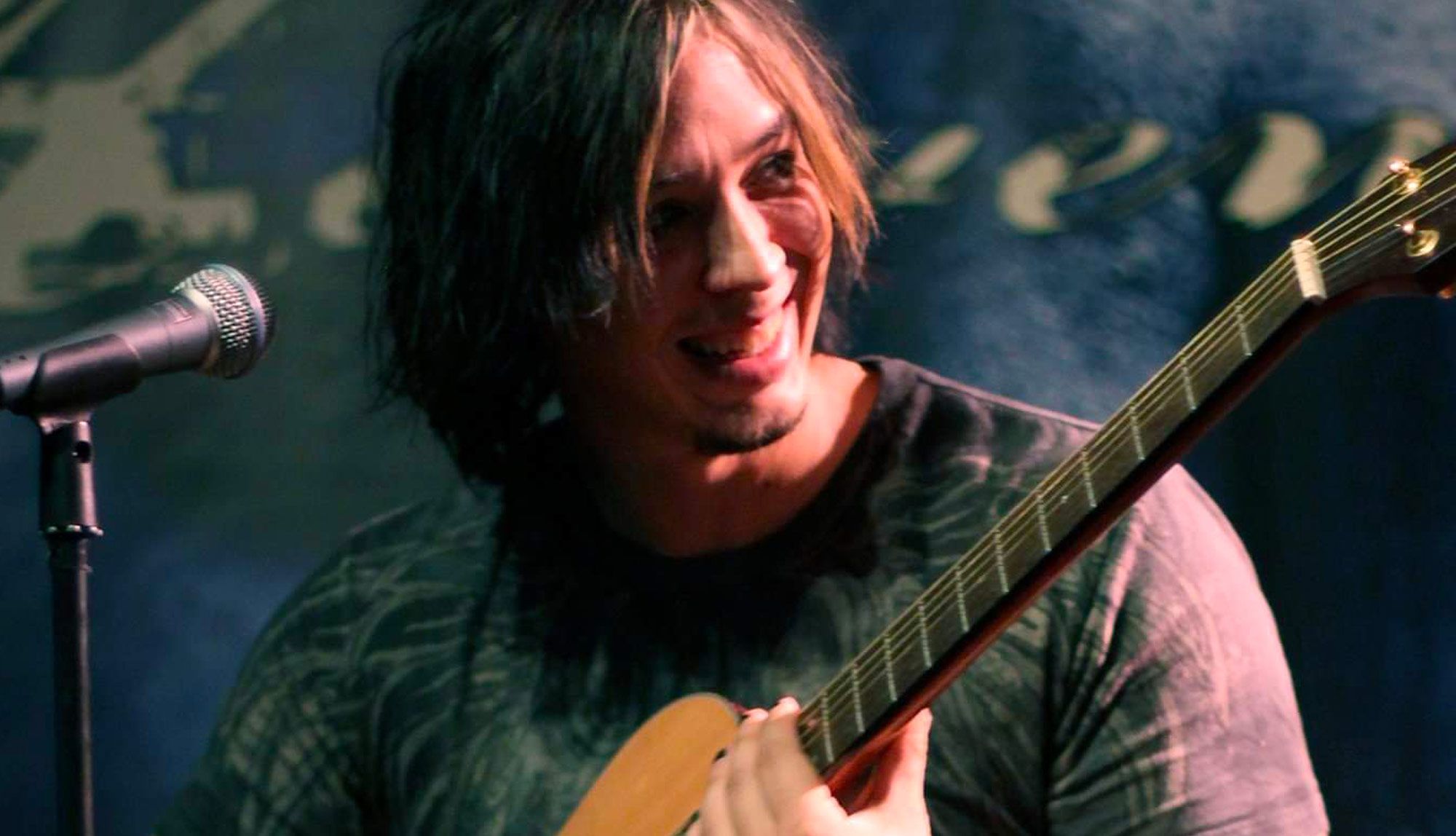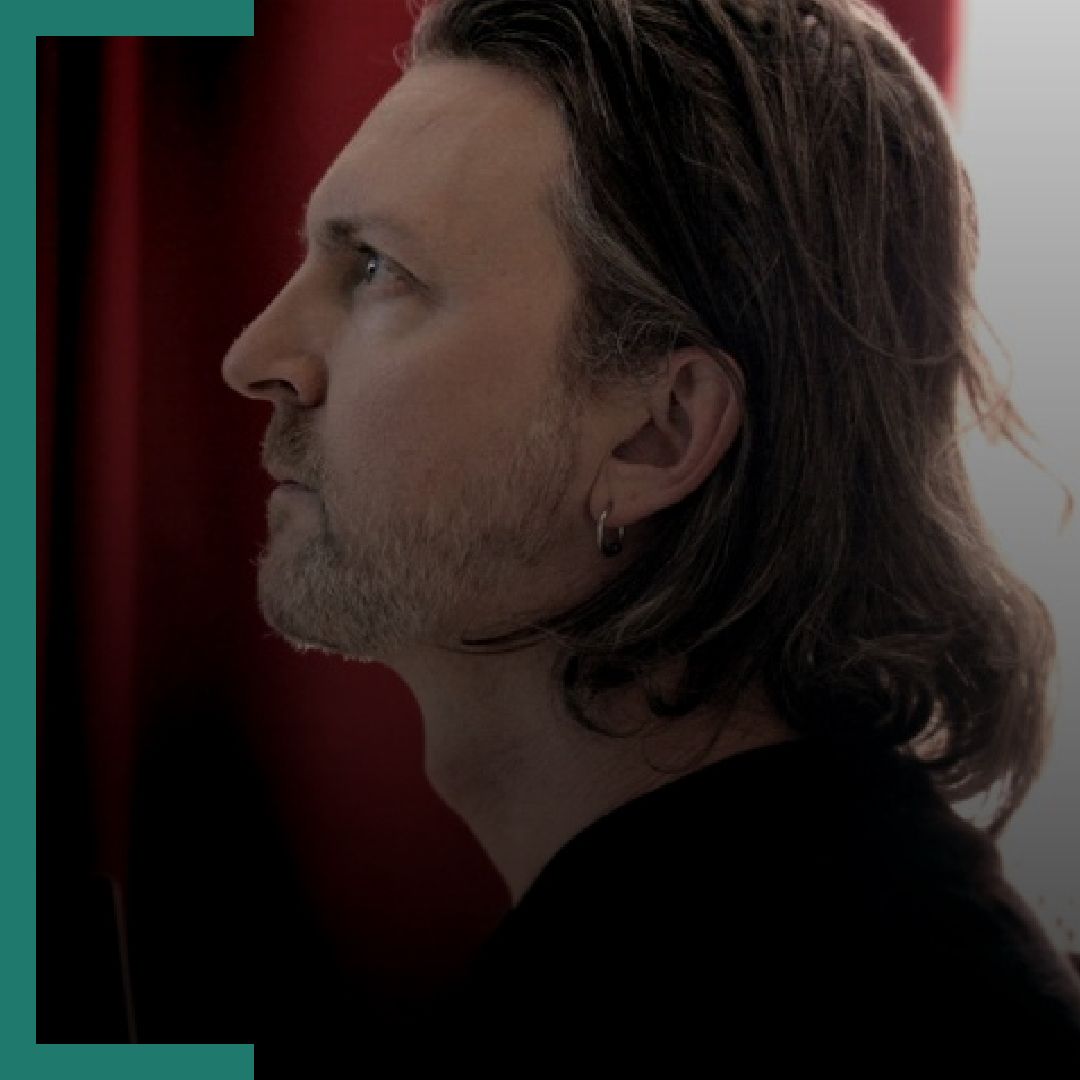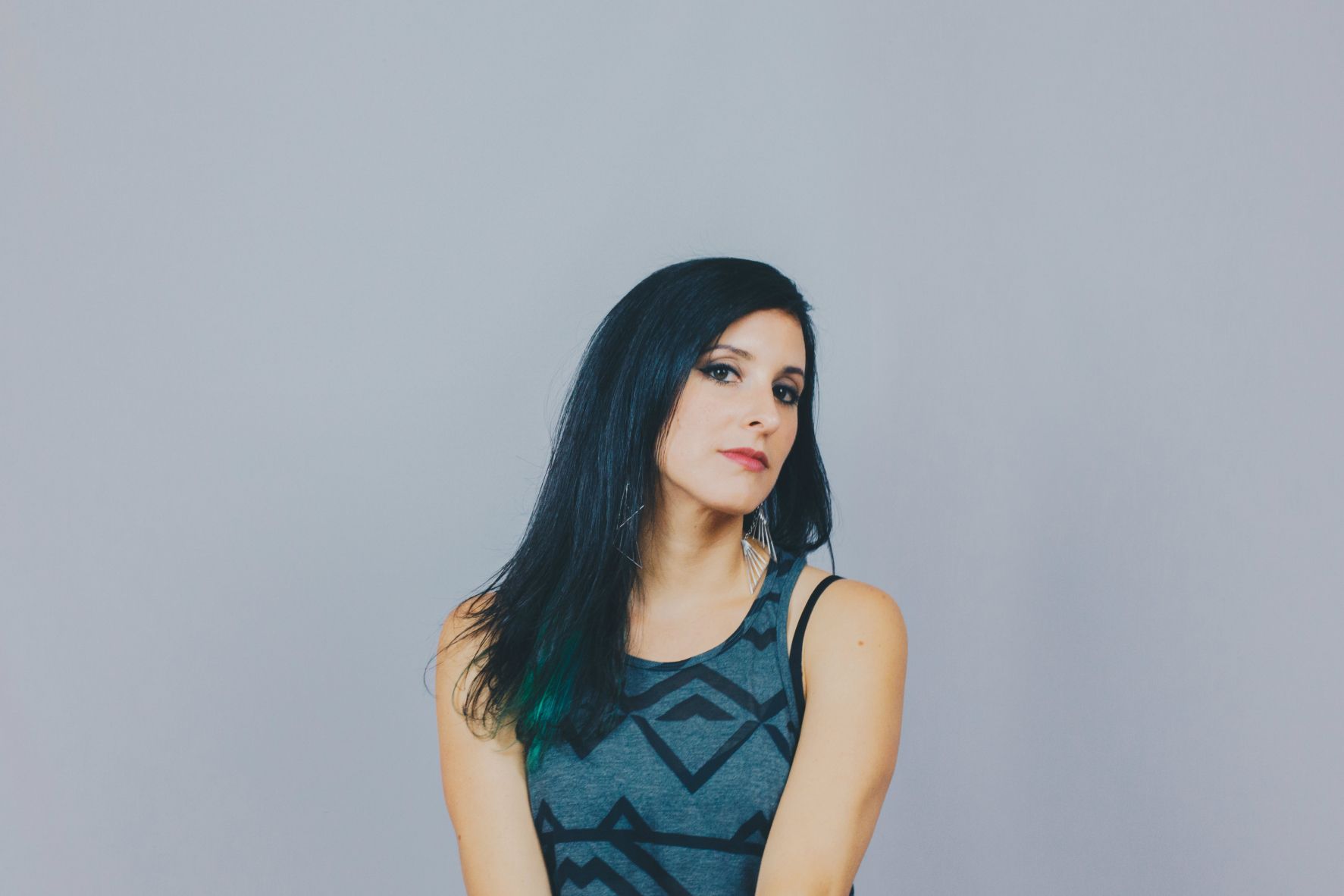How did you get started?
I started getting into music playing piano when I was incredibly young, doing recitals and then falling out of it in high school. Music production for me really started in high school writing hilariously terrible electronic music. In college, that music got better and a buddy and I got signed to a real label, bought our album inside Tower Records and started the touring thing.
I felt like that was the career path until a car accident on tour, and graduating from college, set it back, and I started producing orchestral music for games. Brad and Rik opened that door and I composed for a number of large AAA (X-Men, Neverwinter Nights) titles as a ghost writer.
I branched into music for ads, collaborated with Dutch design firm Onesize and other design studios on audio branding for a few major networks. Got somewhat burnt on branding and ads, connected with Jonathan and ALIBI, which gave me a full range of creative freedom to write anything.
Please list your top credits.
Rebranding Showtime Networks and G4TV when it was around were real high points for me personally. I also spent a week at Skywalker Ranch overseeing my sound design and mix for Red Bull's "The Art of Flight," another super-fun project. Thanks to editors all over the world, my sounds are in tons and tons of trailers and TV spots, probably close to 1,000 placements in everything from “Star Wars,” Marvel films, “X-Men,” “Transformers,” “Hellboy” and “Alita,” all the way down to “Dumbo” and “Jersey Shore.”
Infinitely proud of “Jersey Shore”… life goal achieved.
What types of genres do you work in most?
I'm most experienced in high-concept sound design and drama/trailer music, but I'll take any opportunity to stretch and improve in new genres, and I have tracks across many genres.
What is your favorite track for ALIBI?
Oh, man… that changes constantly. Probably this
, or I really dig my .Who are your biggest musical inspirations?
I'm a huge film score fan: Sylvestri, Horner, Goldsmith, Poledouris. Johann Johannsson's “Arrival” score gets a lot of repeat play, and with my roots in electronic music, I listen to a slew of IDM and other genres in that realm. Clark, Autechre, Com Truise, Mefjus. I also like a lot of contemporary / classical piano, Debussy, Satie, Holst. It really depends on what project I'm on, where my listening goes to help drive new ideas.
What makes your work unique?
The combination of high-concept sound design and my piano background, I would say. I spend a lot of time in Reaktor and Bitwig trying to sculpt new sounds that are leading trends, not just iterative or emulating. Combining that with music that's emotional and moving is my goal.
Tell us one surprising thing people wouldn’t know about you.
Probably that I spent a lot of time living overseas in Saudi Arabia and other nearby countries. My dad was a fighter pilot and I spent most of my childhood moving around in different deserts.
Or that I collect pinball machines and they’ve taken over the house.
Your funniest/strangest music experience
Played an awesome illegal show in Jamaica, Queens in college. A generator and massive speakers were dragged into a small park, and we were playing our two-man setup of my ancient laptop and my bandmate’s flying V guitar. Cop car lights and a ton of cops came sprinting into the woods and about 100 people scattered. We made it to the street and had maybe 10 of us walking down the sidewalk when a cop car screeched to a halt blocking us on the sidewalk. The cop demanded to know what we were doing and shouted, "Why you got a geeeetarr?" We just said we were out for a nice walk *at 2 a.m. in Jamaica, Queens* and he was like, "get the fuck out of here." Oh, NYC.
Why do you like working with ALIBI?
ALIBI supports massive creativity with its large library, there's never a release that's boring and they've always given me the lead to choose and design my own album releases/genres. The team is killer to work with; it's a family, not a machine.
Any words of advice to share with composer hopefuls?
It's easy to think your new track is amazing and should open opportunities. Especially getting into the field, if someone tells you it's cool and that’s the end of that, then it probably isn't great. Developing your own unique sound and doing it well opens doors and opportunities. Being able to look at your own work after it's complete and take criticism and – more importantly – unspoken criticism will shape your work quicker.
How can people follow your work (website/Spotify/social channels)?
Through my company Rainfall! We are a post-production company, myself and my two partners do all sorts of cool stuff with our team.





